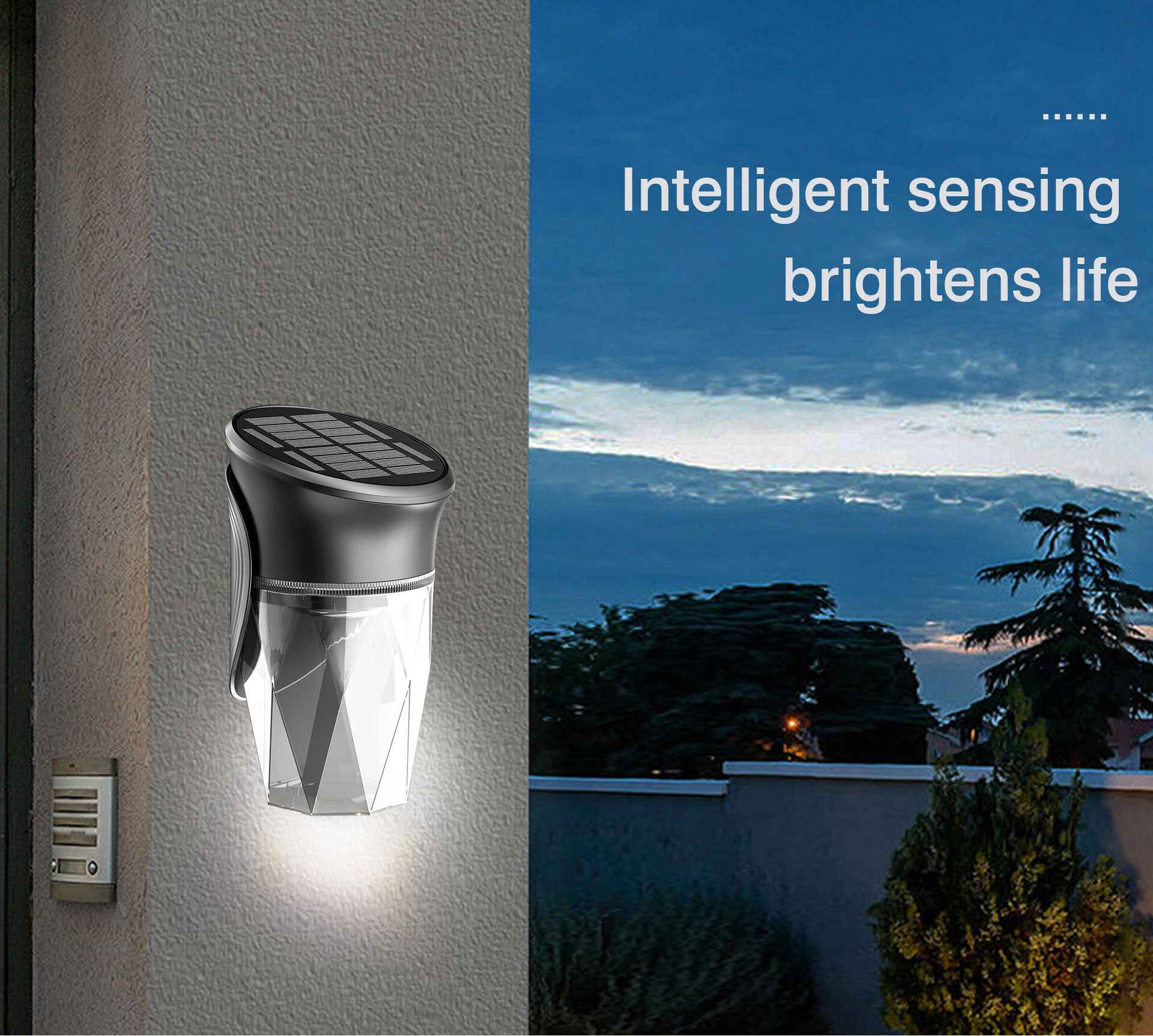
Solar-powered devices have gained popularity over the years due to their eco-friendly nature and cost-effectiveness. Solar wall lamps, in particular, offer an easy and convenient way to illuminate outdoor spaces while reducing energy consumption.
However, like any electronic device, they can experience technical glitches that may prevent them from functioning optimally. It can be frustrating to invest in a solar-powered lighting solution only to encounter issues with its functionality. By understanding the common issues and troubleshooting methods, you can resolve the problem and enjoy the benefits of your solar wall lamp.
Solar wall lamps require an adequate amount of sunlight to charge their batteries effectively. If the lamp is installed in an area with limited sun exposure, such as under dense tree canopies or in shaded spots, it may not receive enough sunlight to recharge its battery fully. Insufficient sunlight can result in dim or non-functional lighting.
Over time, the rechargeable batteries in your solar wall lamp can lose their capacity to hold a charge. This can be due to age, extreme temperature conditions, or low-quality batteries. If the batteries are depleted, the lamp will not turn on. And a faulty battery will also not be able to store enough energy to power the lamp, resulting in no illumination or short lighting duration. Consider replacing the batteries with new ones specifically designed for solar-powered devices.
The PV panel is responsible for converting sunlight into electrical energy. If the panel is damaged or malfunctioning, it won't be able to generate the necessary power to operate the lamp. Also, dirt, dust, or debris accumulated on the solar panels can hinder their ability to absorb sunlight efficiently. Thus, don't forget to clean the solar panels regularly to ensure optimal performance and inspect the panel for any physical damage or signs of wear and tear. If necessary, contact the manufacturer for a replacement panel.
In some cases, the problem may lie with the lamp's switch or wiring. Loose connections, damaged wiring, or a faulty switch can prevent the light from turning on. Check for the switch and loose or disconnected wires in the lamp's circuit to ensure that all connections are secure and free from corrosion - this can help identify and rectify the issue.
The sensor in a solar wall lamp is responsible for detecting changes in ambient light levels and activating the lamp accordingly. If the sensor is malfunctioning, it may not trigger the lamp to turn on, even when it's dark outside. If necessary, resetting or replacing the sensor can resolve this problem.
High-quality Solar Wall Lamp For Sale
Evaluate the location of your solar wall lamp and ensure it receives ample sunlight throughout the day. Remove any obstructions that may be blocking the sunlight from reaching the solar panel. Trim nearby trees or bushes that may cast shadows on the lamp during peak sunlight hours.
Check the battery's condition by using a multimeter or consulting the manufacturer's instructions. If the battery is defective or depleted, replace it with a new one of the same type and rating. Opt for high-quality rechargeable batteries specifically designed for solar-powered devices. Be sure to follow the manufacturer's instructions when replacing the batteries.
Regularly inspect the PV panel for any dirt, debris, or damage. Clean the panel using a soft cloth or sponge and a mild detergent solution. Avoid using abrasive materials that could scratch the panel's surface. By keeping the panel clean and free from obstructions, you can maximize its efficiency and optimize sunlight absorption.
Examine the lamp's switch and wiring for any signs of damage or loose connections, ensuring they are secure and properly connected. Tighten any loose connections and repair or replace any damaged wires. Repair or replace any faulty components to ensure proper electrical flow. It is better to consider using waterproof connectors to protect the wiring from moisture and corrosion.
If all else fails, check the switch or control mechanism of your solar wall lamp. Test its functionality and look for any signs of damage or malfunction. Try resetting it according to the manufacturer's instructions. And if the problem persists, consider replacing the sensor with a compatible one.
If your solar wall lamp refuses to turn on, don't despair. By identifying the potential causes and implementing the appropriate solutions, you can restore its functionality and enjoy the benefits of renewable energy with a little troubleshooting and care.
Of course, cooperating with a reliable and professional solar wall lamp manufacturer is the key to keeping your solar wall lamp illuminating your outdoor space stable for years to come. Please feel free to contact us at [email protected] for further information about top-quality solar wall lamps!